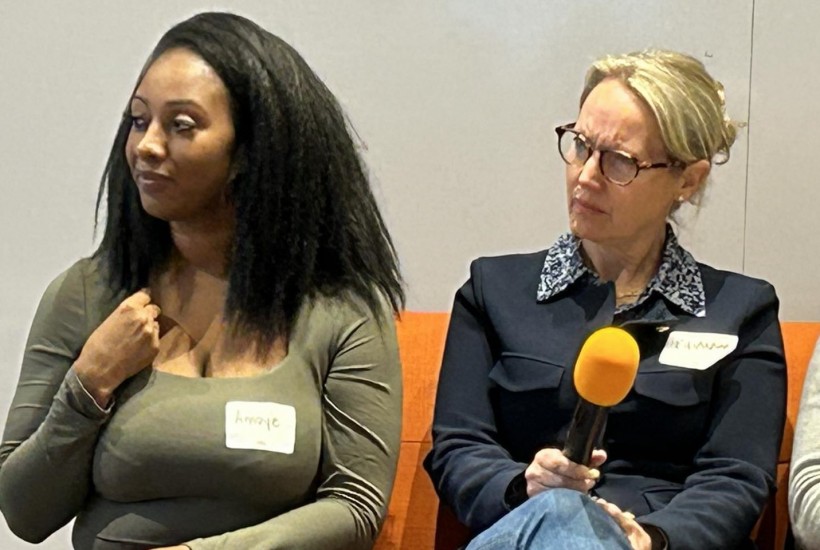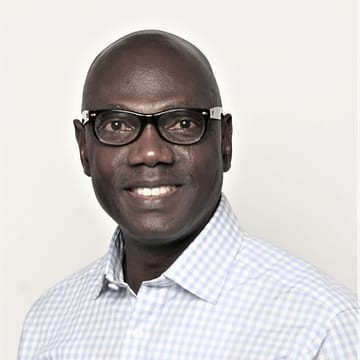After three years of stealthy research and development, Halifax’s Sparrow Biologic has raised $3.25 million in a pre-Series A funding round led by family offices Killick Capital and Klister Credit Corp., as it prepares to seek regulatory approval from Health Canada and the Food and Drug Administration.
Sparrow is developing technology that will use smartphone mics to assess users’ health based on their bodily sounds, such as breathing. The company was founded in 2018 by a group of five entrepreneurs: Nadia Ivanova, David Rankin, Yaroslav Shpak, Max Davydov and Yuri Heiko. Killick Capital manages the assets of the Dobbin family and has invested in a handful of successful startups, including St. John's-based CoLab Software and Verafin, which became one of the most valuable companies in Atlantic Canadian history when it was bought last year by NASDAQ for $2.75 billion.
The funding announcement comes nine weeks after the arrival of new CEO Mark Opauszky, who helmed business-to-business sales software startup PathFactory for nearly a decade.
“[Sparrow’s] expertise stems from its abilities in acoustics, processing algorithms and associated technology and its understanding for biological sounds -- the sounds that hearts and lungs make, and other parts of the body,” said Opauszky in an interview.
“And when you combine these things, you can start to take a look at the relative health and existence of conditions in organs that make sounds... even muscles and joints, and things like that.”
He said the Sparrow team, which now numbers 20 people, has spent the last several years developing a suite of intellectual property, including an algorithm for interpreting the sounds recorded by a smartphone mic.
“There's been quite a bit of concrete poured, both from an R&D perspective and from a production perspective,” he said. “But the company is now ready to be more outward-facing.”
The $3.25 million is earmarked for developing sales relationships with major healthcare institutions in Canada and the United States, as well as hiring a commercialization team and covering costs associated with both countries’ complex approval processes for medical technologies.
Opauszky said he hopes to be able to make an announcement related to regulatory approval sometime next year, but warned that regulators operate on timelines that can be difficult to predict.
In the meantime, Sparrow is working on gathering sound data to train the algorithm, including by comparing recorded audio with patient results from conventional medical testing.
The sounds are being gathered via a research program in Ukraine, which Opauszky said was chosen because it boasts a high-quality medical system, and the costs of conducting research there are lower than in developed nations. Co-founder Shpak, who now serves as Sparrow’s Chief Scientific Officer, is also a practising cardiologist in that country.
Opauszky’s team has not settled on a revenue model yet, but he said the most likely option appears to be for Sparrow to partner with major healthcare organizations, such as hospitals and insurance providers.
While the company pursues regulatory approval, he also sees a possible opportunity to monetize Sparrow’s ability to record audio, without relying on its artificial intelligence system to interpret the resulting sound files.
“We see a lot of commercial potential for that in the near term...” he said.
“Kind of like they've done with imaging technology -- like with x-rays and other types of electronic health information that healthcare providers gather from people -- we think it would be great if they could also record their heart and lung sounds, and have those files available to clinicians to help assess patients better.”








